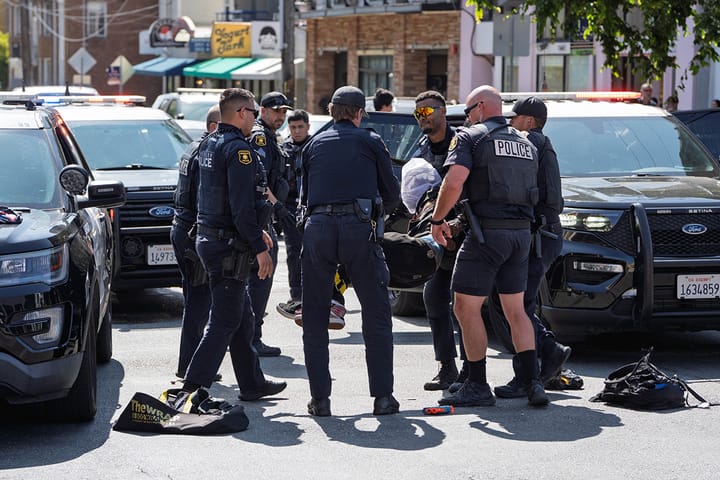'A gypsy soul': Family honors Steven McCreary, whose bones were found at UC Berkeley
"You're thankful that you don't look to see if that's him every time you pass someone on the road," said cousin Larramie Pace.
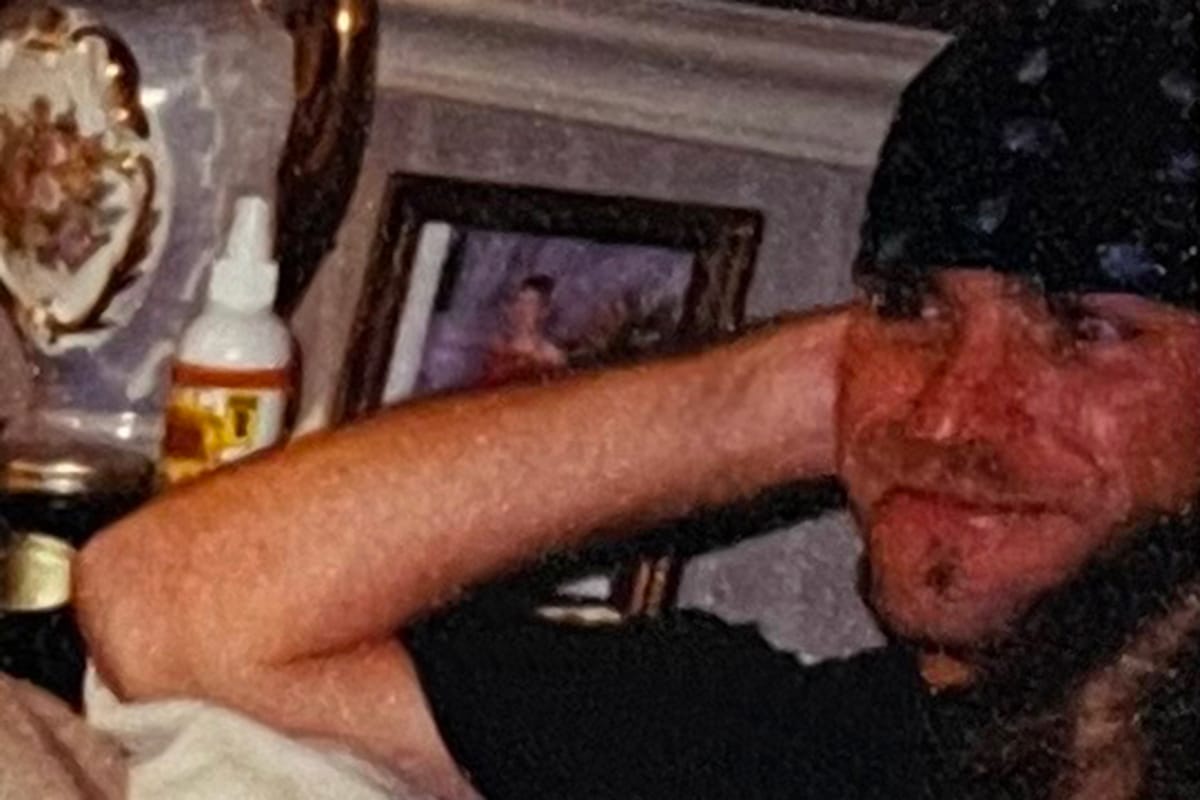
In 2009, Steven McCreary set out for San Francisco on his latest ramble. His family never heard from him again.
McCreary, then 37, was a vagabond. He loved hitchhiking and life on the road.
But he would always come home to visit his many relatives in Tennessee and Texas, often working as a painting contractor in the family business for six months or a year to save up for his next trip.
"He'd come work with us for awhile, then he would be up and gone again," said McCreary's uncle, Rodney McCreary. "I couldn’t figure out why he’d want to do that. He just had a gypsy soul there, I guess. Never could get him to settle down."
Steven McCreary was missing for more than a decade, until his skeletal remains turned up beneath an unused building on UC Berkeley property.
In July, UC Berkeley police announced that his death had been a homicide.
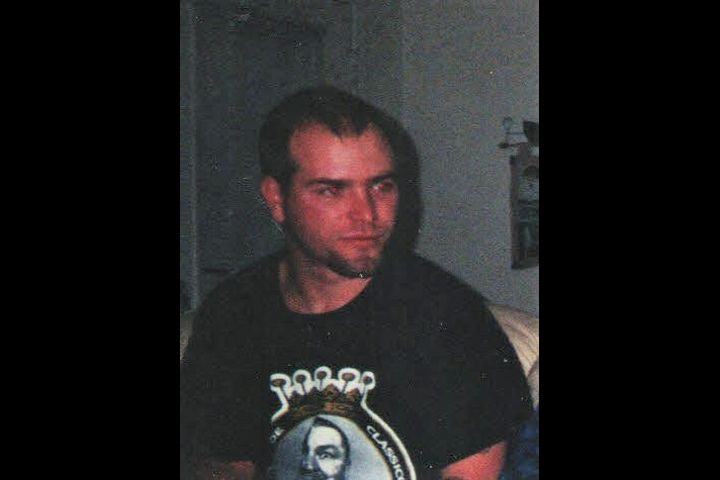
Many open questions remain, including how McCreary may have died and who may have killed him. Police have said only that the investigation is ongoing.
But, for now, McCreary's family members say they are relieved to have a few answers after so many years.
"You're thankful that you don't look to see if that's him every time you pass someone on the road," said cousin Larramie Pace. "But, at the same time, you kinda wish you were just holding onto hope that he would show up one day."
The discovery of McCreary's bones at UC Berkeley's Clark Kerr Campus gave his loved ones a chance this year to reflect on his life.
They also hope that increased media attention might still help solve the cold case.
For years, McCreary's family tried to get him to settle down. They always gave him a home to come back to. But it wasn't in his nature to put down roots.
Still, he always stayed in touch. When he was on the road, he would often stop to see members of his large, extended family. And he was sure to call to check in.
"He was always calling you every few months," said Rodney. "After a few years, when he never called, I figured something happened to him."
McCreary "wanted to travel the world"
Rodney said his nephew had been a "real sweet little kid," quiet and likable with a head of blond curls. The family called him Stevie.
The moniker stuck, despite McCreary's objections, into adulthood.
Relatives would take the little boy riding around with them in their van or when they went down to the lake.
"I've done stuff with him since he was a little bitty kid," his uncle said. "He was always with us."
McCreary's parents met in San Diego when his father was in the Navy. They weren't together long.
From a young age, McCreary's mother wasn't really in the picture, Rodney said.
His father later married a woman named Linda who had children from an earlier relationship. One of those children was Kathy Barnes, McCreary's older sister.
"We never thought of each other as 'steps,' because he was just 3 when my mother and his father married," Barnes said. "He was with us all his life. He was always my baby brother."
The couple divorced after a decade or so of marriage, but McCreary stayed close to Linda and Cliff, the man she later married. They would often help McCreary, offering to buy him a car and put him through art school.
"He didn't want it," said cousin Larramie Pace. "He wanted to travel the world."
Growing up, McCreary lived with his uncle Rodney for long stretches, including when he was a teenager after his father moved to Texas.
Pace, Rodney's daughter, said she and Stevie had always been close.
"He was my cousin, but he was more like a brother to me," she said. "We would fight like brothers and sisters. He loved to nag on you but he had a big heart."
Talking to relatives after his bones were discovered, it was clear McCreary loved them and was loved.
"All kinds of people tried to get him to hang around, take care of him and all that," Rodney said. "He chose to be the way he wanted to be. I don’t know what made him like that. We call him a real true hobo."
Family members made many efforts over the years to take care of him and give him opportunities.
His uncles taught McCreary painting and carpentry. They tried to interest him in taking over the family business. When he was home, he was a good worker. But he never stayed long.
Pace described McCreary as "a wanderer" who lived to see the world. His side jobs funded his adventures.
"He used to say that he had a great life because he could just do whatever he wanted," Barnes said. "He was a free spirit."
McCreary was fun to be around, and was "a big music person." He loved metal and grunge music, bands like Pantera, Nirvana and Alice in Chains.
He liked football and loved to cook, often experimenting with different ingredients.
"Sometimes it was good, sometimes it wasn't," Pace recalled, laughing.
McCreary was artistic and enjoyed drawing, everything from doodles to portraits. And he liked building model cars, painting them and getting the details just right.
Growing up, the family had dune buggies. They loved camping and the outdoors.
"We all love to whitewater," Barnes said. They often spent time on Tennesee's Nantahala River. "We grew up beside it. We were river rats."
Rodney remembered one time at a neighbor's house where everyone was shooting pool in a room with neon lights where sliding glass doors led onto the patio.
McCreary, then an adult, somehow "walked right through that glass door. Glass went everywhere," Rodney said. He was cut on the arm but otherwise OK. "We all thought it was funny — once we got over the shock of it."
Pace said she would always remember her cousin's wild laugh.
"He had the most contagious and crazy laugh," she said. "It would make everybody else laugh. It was just the way he sounded, just goofy."
The only time he wasn't fun, she said, was when he got to drinking.
Usually, McCreary was quiet and calm. Alcohol changed the equation. Then he would get loud, talking slang and being silly, spouting off crazy things.
He could also get "mouthy," which could get him into trouble.
McCreary was never violent or mean, but he could definitely argue, relatives said.
Pace said her mother had urged McCreary, the last time she saw him, to mind his tongue. He had been setting off on his latest trip.
"She's like, Stevie, you better be careful," Pace recalled. "Don't you go down there and smart off to the wrong person."
"Family was important to him"

The last time McCreary came home, in 2009, he stayed with his grandmother in Chattanooga for a little while.
But eventually, he was ready to leave again.
He asked Barnes to drop him off on the interstate to meet a friend and said they were heading for California and Oregon.
"I didn’t really know where he was gonna go — because I never knew with him," Barnes said.
"I kissed him bye, gave him a little money and told him I loved him," she said. "I asked him 15 million times: You got my number?"
"I always have your number," he told her. "Stop asking me if I got your number."
"I said, yeah, but do you have the number?" she replied.
Rodney later got some notices from Norman, Oklahoma, where his nephew had a minor brush with the law in 2009. That was the last time there was a record of him.
Over the years, relatives searched for McCreary online and tried to track him down. They came up empty.
"We knew something had to have happened because, when our Nanny passed, he didn’t come home," Barnes said. "We knew there was a problem."
Several years earlier, McCreary had been sure to come home when their mother had breast cancer, Barnes said. That's when he'd learned their grandmother had dementia.
"He was trying to make sure that he came around because family was important to him," Barnes said. "He was good. To somebody else, he might not be that way, but he was loving to us."
She said he was known to jump trains and she had worried he'd been killed that way.
"I think we all kinda feared something was gonna happen to him one day," Pace said. "He was just a very trusting person and trusted everybody. We worried that he would get with the wrong crowd and something would happen. And it did."
UC Berkeley has said little about the McCreary case
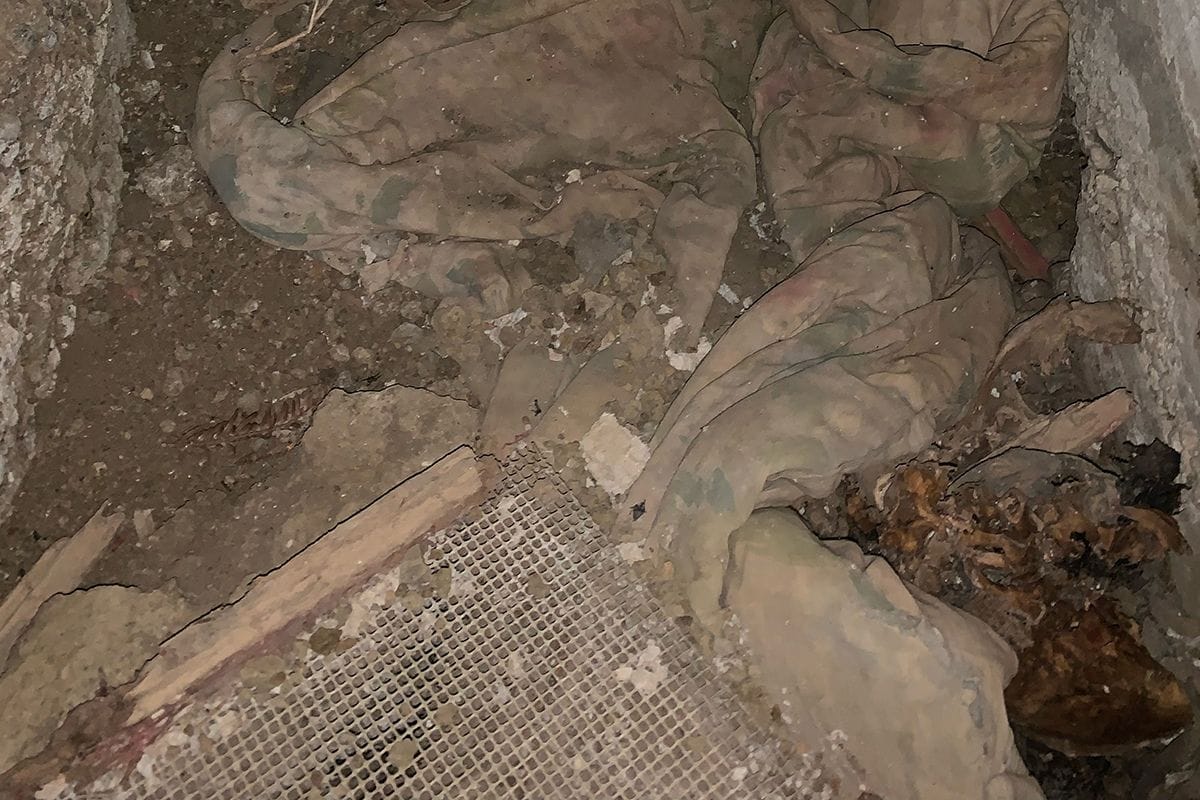
Family members said they had been shocked to learn from UC Berkeley police this year that McCreary's bones had been found at the university's Clark Kerr Campus.
"My brother had never mentioned going to Berkeley," Kathy Barnes said. "Never."
Authorities identified him using DNA.
The family later learned, through The Berkeley Scanner's reporting, that the bones had been discovered in 2021.
The contractors who found the bones in 2021 said they told their UC Berkeley supervisor immediately — but he never reported it.
Campus authorities say the supervisor was ruled out as a suspect but no longer works at Cal. He declined interview requests from The Scanner.
UC Berkeley has declined to say much about the case.
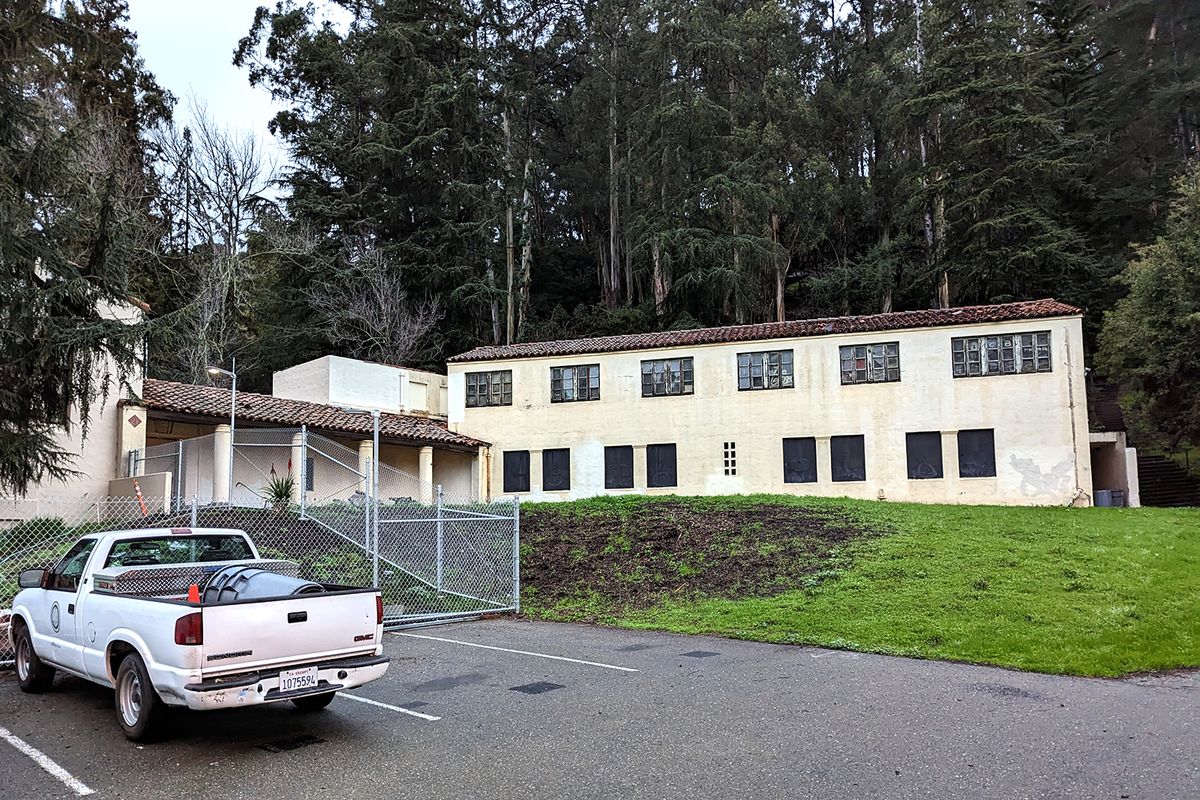
The Scanner filed a Public Records Act request with UC Berkeley in July seeking documents related to the discovery of McCreary's bones.
Since then, the university has said only that it is still "working on searching for and collecting records."
"Each of the steps in the process takes time," a campus staffer wrote. "Please also bear in mind that we are concurrently fulfilling numerous other requests … many of which were received before this request."
Family members said it had been particularly hard to understand why the former supervisor had never reported the bones to police.
"Why wouldn’t he have turned it in?" Rodney said. "They let 'em stay there for a couple more years. Knowing they were under that building — that don’t make no sense to me."
Pace, Rodney's daughter, said she had been cleaning the house one day when her father texted her a cryptic message.
All he wrote was: "It was Stevie."
"What was Stevie?" she asked him.
He sent her a link to The Berkeley Scanner. When she read the article, she was floored.

McCreary family still hopes for justice, closure
Pace said the family was grateful to the contractor who found Stevie's bones and reported them — and also to the UC Berkeley police detectives who are investigating the case.
Family members said they are looking into getting Stevie's bones home to his father in Texas and perhaps planning a memorial.
"To some people, he might not have been much," said Barnes. "But to us, he was still our brother."
They said they still hope to find out what happened to him.
Yes, it's been years, Pace said. But people do talk, and someone may still know something that could help solve the case.
She urged anyone with information to get in touch with UC Berkeley police.
"Just come forward — so we could get some kind of justice for Stevie and some closure for the rest of this family," she said. "I just hope that their conscience speaks to 'em."
Her father agreed.
"It’d be real nice to figure out who done it," Rodney said. "I don't know what kinda ways they got a 'doin that or how much they’ll pursue it."
He paused, then continued.
"The odds are against you finding out, this many years later," he said. "Maybe they got a way to find out something."



